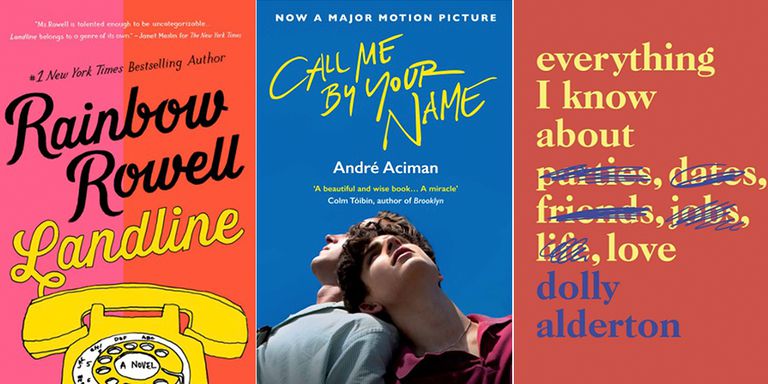Why Isn’t Genre Fiction Taken Seriously?

Jocelyn Pontes ’18 / Emertainment Monthly Staff Writer
There is a certain flavor of snobbery within the literary world regarding genre fiction—the umbrella term that includes science fiction, fantasy, young adult, and romance, among others. Books in these genres are often looked down upon as inferior to works of realistic fiction, even though they may have the same (or even better) quality of writing, relatable characters, and compelling plots. Why is this the case? After all, works of genre fiction are highly popular with wide audiences, and are often turned into blockbuster films. So why do these books get so much undeserved ridicule?
One possible source of this bias comes from the invention of the paperback. During World War II, the publishing industry recognized that soldiers needed something to help pass the time, so they invented the mass-market paperback. This provided hours of entertainment in a small, lightweight form. The popularity of paperbacks exploded, among both soldiers and civilians, because they were light and cheap, unlike hardcovers. Paperbacks became the chief source of revenue for publishers, outselling hardcovers by a long shot.

Publishers also recognized the popularity of genre fiction, so they paired this with the concept of the mass-market paperback to make sales soar further. Genre fiction became intrinsically associated with paperbacks, which had low list prices and were printed on cheap, poor-quality material. This perception of poor quality likely carried over to the books’ content, thus establishing genre fiction as low-brow pulp intended for the masses; meanwhile, realistic fiction was perceived as high art intended for a smaller, higher-income audience who could afford the hardcovers that realistic fiction was often printed in.
Those who scoff at genre fiction may also justify their negative viewpoint as a matter of personal taste. Science fiction and fantasy often receive this type of condescension. Perhaps the anti-genre reader simply can’t get past the futuristic or fantastical aspects of such books, because such aspects do not match the real world that this reader is familiar with. In other words, these aspects are not believable. A book that depicts fire-breathing dragons and expects the reader to accept this premise is too much for some people, which is perfectly fine; the problem lies in the lack of distinction between accepting a book’s premise and believing a book’s premise. Anti-genre readers who look down upon scifi and fantasy specifically because they are not “believable” are missing the point.

Stereotypes surrounding age are also factors. Young adult fiction and children’s fiction are the main victims of this bias. This is partially due to the fact that young adult books contain young protagonists, and adults do not take young people seriously. As adults’ reactions to the growing youth movement against gun violence has starkly demonstrated over the past few weeks, adults often view young people as immature, unintelligent, and unworthy of respect. These unfounded views are therefore attached to the young adult and children’s genres of literature.
Besides ageism, sexism is another enormous factor in the negative views on genre fiction, and specifically on the romance genre. The stereotype that women are obsessed with love and relationships, while men aren’t, perpetuates the publishing industry’s view that their female readers are the nearly exclusive audience for romance fiction, and therefore the industry markets romance books to only this audience. And, because of the sexist belief that women are inferior to men, this idea of inferiority is projected onto the romance genre whose main audience is supposedly female.

Marketing books this way repels male readers like the plague, because they often don’t want to be associated with these stereotypes of inferiority. This, in turn, further solidifies the notion within the publishing industry that only women read romance fiction. And this results in more marketing that directs romance fiction at women and realistic fiction at men. The cycle continues.
Romance, young adult, science fiction, and fantasy are just a few of the genres in literature that are degraded by the snobbish side of the literary world. The reasons trace back to a surprising amount of prejudice—and the history that has helped create such prejudice—of which most anti-genre readers are not consciously aware. Dismissive views on people because of their socio-economic class, their age, and their gender, among other factors, directly transfer to dismissive views on the books they read. This phenomenon serves as an example of the fact that literature does not exist in a vacuum, and society has an enormous influence on what one does and doesn’t read.